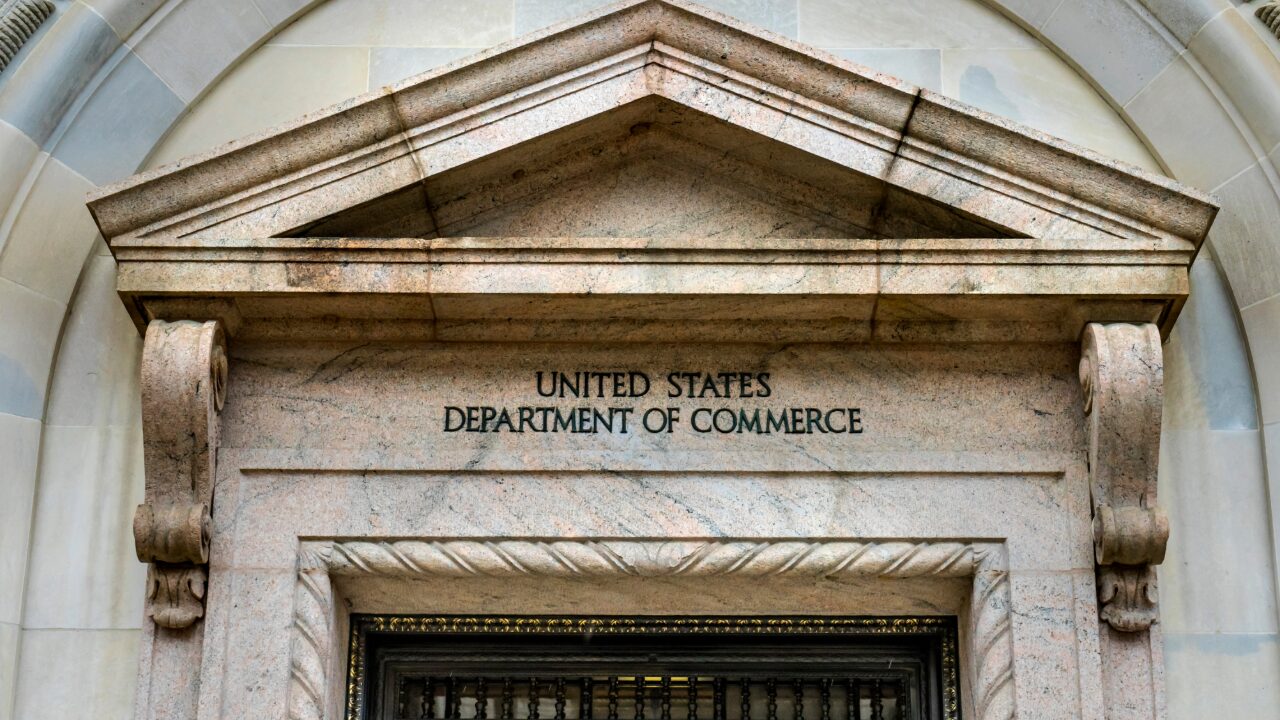For the last several weeks, the Senate has been on the verge of finalizing an infrastructure spending package. A bipartisan group of 22 Senators has been signaling that a deal is imminent since last week, and on Wednesday Senate leadership announced that a deal had indeed been forged. Text is not yet available on the $550 billion package, but a 58 page summary was made available by the White House. The deal includes the following allocations —
- $110 billion for roads, bridges, and major projects;
- $73 billion for electric grid upgrades;
- $66 billion for rail and Amtrak improvements;
- $65 billion for broadband expansion;
- $55 billion for clean drinking water;
- $39 billion for transit;
- $17 billion for ports and $25 billion for airports; and
- $7.5 billion for electric vehicle chargers.
Again, we have not seen text yet and most of the provisions are not particularly relevant to our sector. However, there are some areas of potential interest. One would provide $10 million for the U.S. Department of Agriculture to partner with a university-based bioproduct research center to study the benefits of using agricultural commodities – including wood-in producing construction and consumer products. Benefits to be studied would include greenhouse gas reduction, an area in which wood building materials like cross laminated timber are particularly well positioned. Another would reauthorize the Sec. 48C manufacturing investment tax credit (ITC) which provides a 30 percent ITC for manufacturers who retool, expand, or build new facilities that reduce their greenhouse gas emissions. On the smart manufacturing front, the package includes $50 million for states to invest in smart manufacturing technologies.
Senate Majority Leader Chuck Schumer (D-NY) has indicated he has the votes in the Senate to pass this package. The measure has already cleared a procedural hurdle and the goal is to move this through the Senate and then pass so-called budget reconciliation instructions before the Senate embarks on its annual August recess. Regarding budget reconciliation instructions, passage of these will start the process of moving President Biden’s $3.5 trillion American Jobs and American Families Plan. The instructions will simply be spending allocations for each committee and then the process of pulling together a comprehensive package will begin in September. This package will likely include a number of revenue raisers impacting the business community, including an increase in the corporate tax rate. It may also feature some positive provisions, particularly around workforce development. A letter sent last week to House Speaker Pelosi and Senate Majority Leader Mitch McConnell signed by 101 Members of Congress calls for at least $100 billion in new spending for workforce development programs, including:
- adult workforce training and dislocated worker programs;
- career and technical education and registered apprenticeships;
- youth career pipeline programs and re-entry employment opportunities; and
- the full spectrum of training and career pathway supportive services, including income support, counseling, and case management.
The letter, led by Representatives Raja Krishnamoorthi (D-IL-8) and Steven Horsford (D-NV-4), also encourages leadership to commit new spending specifically for building more effective partnerships between training providers and employers, including subsidizing on-the-job training and co-creating curricula with employers in in-demand industries, sectors, and occupations. Read the letter here.
The bottom line is that it is shaping up to be a busy fall in Congress.




